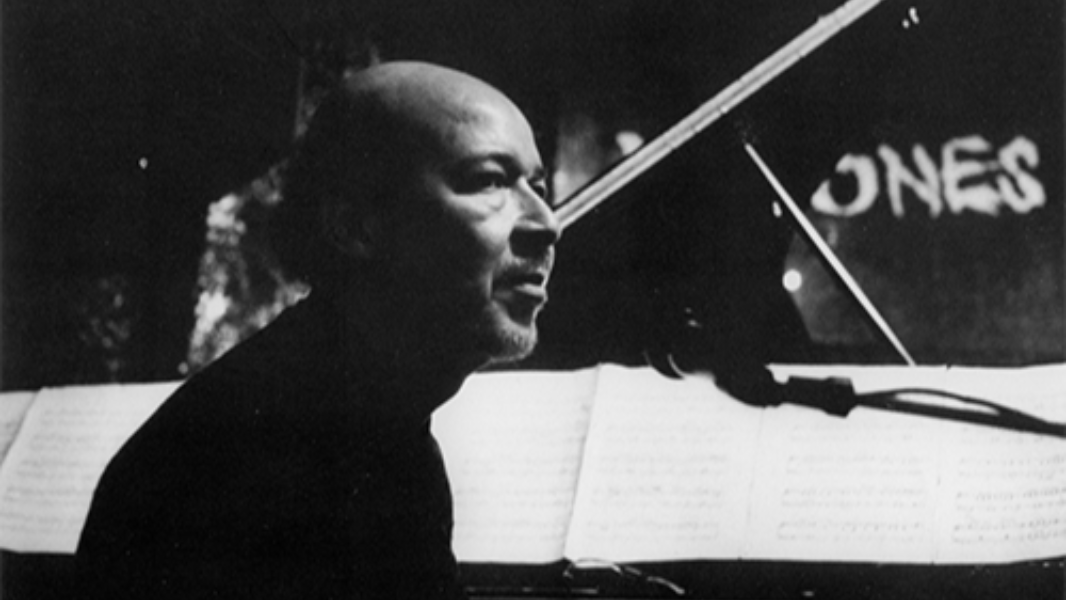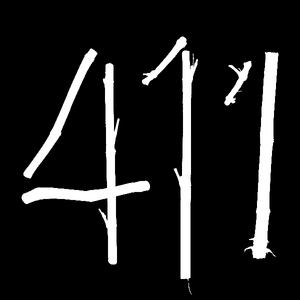
Pianist, composer, and improvisor Dave Burrell’s life’s work spans almost all facets of jazz and its history, from blues, ragtime, stride, and bebop to the “fire music” he helped sculpt in the 1960s. The richness of his sixty-year career—channeling the energy of the Civil Rights Movement through the landmark album Echo (1969), performing at Attica the year after its Prison Uprisings, seeking the influence of vodou ceremonies in Port-au-Prince, and on over one hundred recordings, including thirty under his own name—reflects his singular ability to connect voices and histories across musical genres and generations. For Burrell, tradition is a living, embodied dialogue between past and future, a study in dissolving musical binaries of “inside” and “out.”
The son of nationally touring choir singers who moved from Harlem, New York to Ohio to Hawaii by the time he was six, Burrell grew up immersed in the distinct expression that both mainland jazz music and American racial politics found in “the melting pot of the Pacific.” Surrounded by Broadway showtunes, operas, spirituals, and the Hawaiian love songs his parents sang, it was the trunk full of jazz LPs in their home that most directly inspired Burrell’s creative path. He developed a fondness for pianists during his time alone with these records, namely Erroll Garner, Duke Ellington and Thelonious Monk; later, he also discovered Jelly Roll Morton, an important influence whose music he would go on to interpret numerous times over the coming decades, including on classic collaborations with tubist Bob Stewart, and on the solo LP The Jelly Roll Joys. Throughout his career, he has sought continued expression of his early artistic nucleus, refracting his family’s at once extraordinary—and, for so many non-white American families, common—experiences of musical and geographic migration, and folding in his own journeys from Boston’s “red-hot” 1960s jazz scene, to the jazz lofts of New York City, to the to the Black avant-garde of Algiers, and beyond.
Burrell’s opus, Windward Passages (1979), composed in collaboration with Swedish poet and lyricist Monika Larsson, traces his family’s move from Harlem to Hawaii, their struggles as Black Americans there, and his early experiences with music. It also explores an intimate, astonishing blend of opera and jazz, a signature Burrell combination he began mining at least a decade earlier with recordings like La Vie de Bohème (1969), a take on Puccini’s 1896 operatic adaptation of the 1851 novel, on which his mother sang vocals. For his performance at the Dweck Center, Burrell will perform interpretations of the Great American Songbook, select compositions from Windward Passages, and interpretations of Larsson’s poetry, alongside conversation with Larsson about the music and his life.
